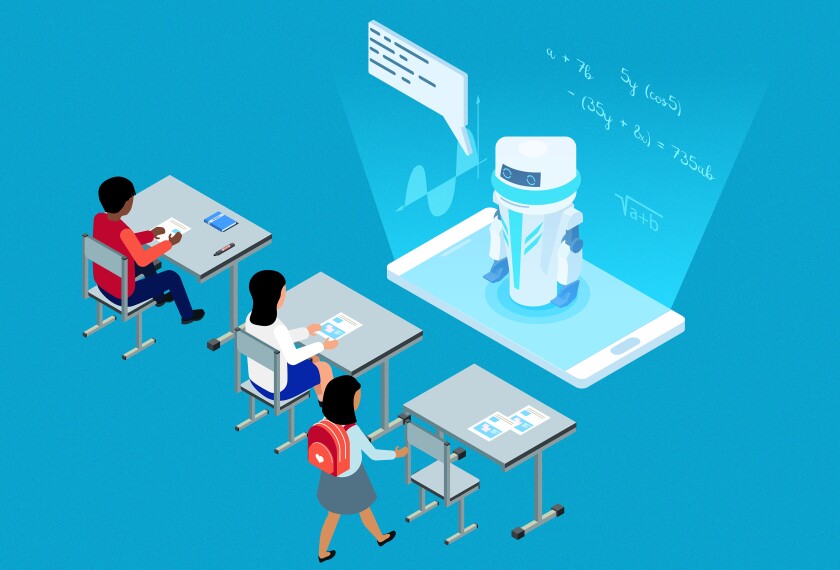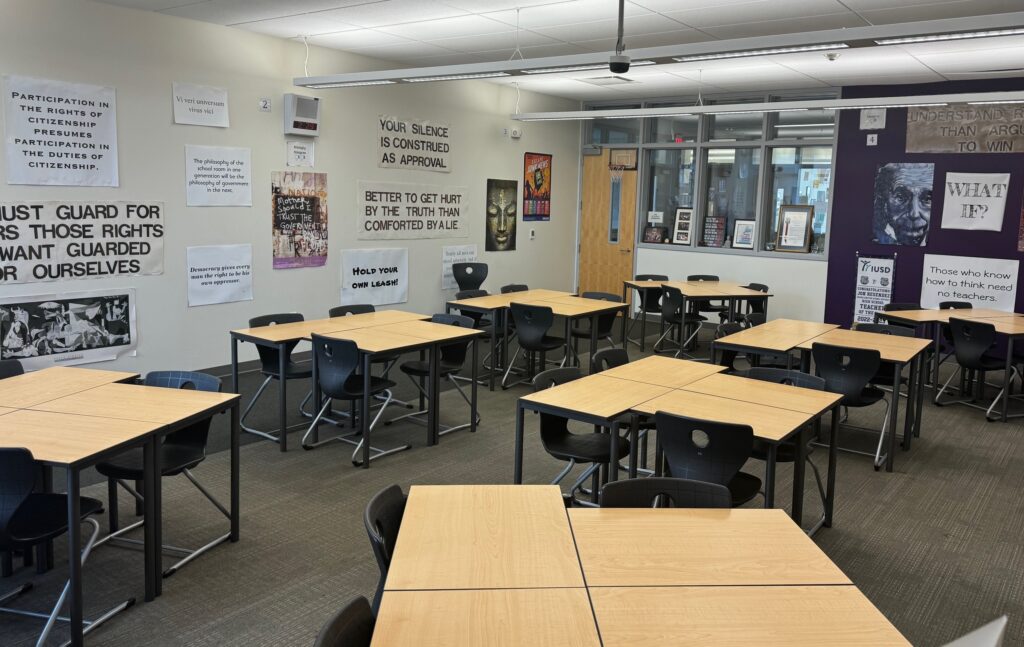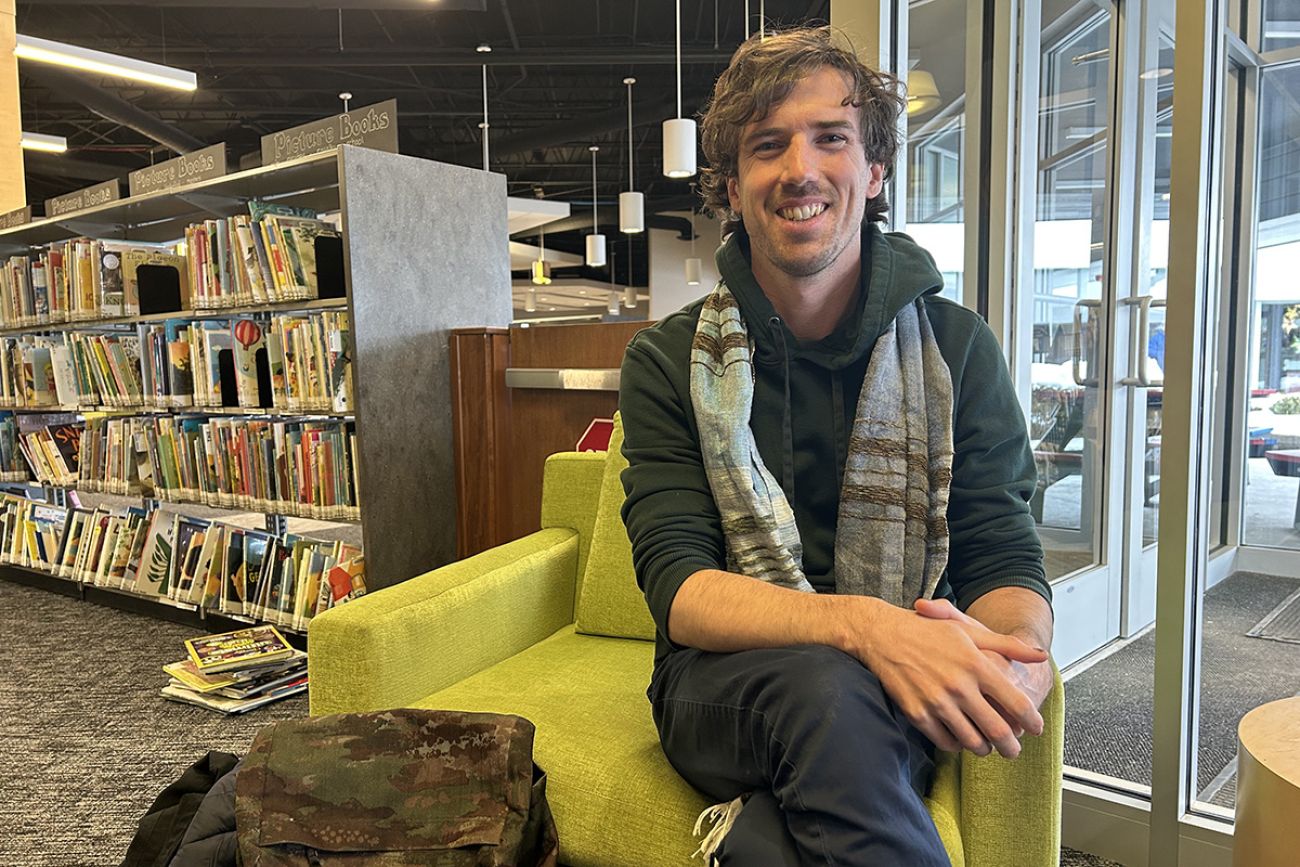from the Wall Street Journal
Autore: simone
What motivates you to learn?
(A survey by students in Texas, USA)
A proposito di apprendimento e innovazione
L’innovazione è un mantra ambiguo: è nuovo ciò che non c’è mai stato o ciò che (finalmente) determina un successo formativo? (in effetti, “riuscire” ad apprendere è abbastanza innovativo). Se funziona, in sostanza, è già “nuovo”, nel senso che resta attuale, anche se non passa da una metodologia/strumentazione “nuova”. E poi, lasciando il concreto funzionalismo e tornando per un attimo all’astratta pedagogia, chi determina realmente innovazione e successo? Il mittente, il medium o il destinatario?
Ermanno Mazza ha detto, a proposito di educazione e apprendimento “Non siamo noi a cambiare gli altri. Gli altri si cambiano da soli, se vogliono, se ne ravvisano la convenienza o l’opportunità. Noi diamo loro eventualmente qualche forma di ispirazione”.
Mentre si spendono soldi per le aule immersive, l’investimento più proficuo apparirebbe la libertà altrui.
Don’t Have Time to Try AI? 3 Simple Tips to Help Teachers Get Started

Nearly a third of teachers who are not using AI say they plan to start using the tech in the classroom either this year or in the future.
Gifted students of all ages deserve enriched experiences
L’intelligenza artificiale sostituirà gli insegnanti?

Da novembre 2022, ovvero da quando Open AI ha rilasciato ChatGPT, ovvero la prima piattaforma di intelligenza artificiale conversazionale e generativa, una
I criteri di valutazione della capacità di lettura
Questi sono i criteri in base ai quali la piattaforma educativa Teachplus valuta la capacità di lettura e comprensione della lingua madre.
-
Phonemic awareness: This is the ability to hear and manipulate the sounds in spoken words. For example, you can blend sounds to make words, segment words into sounds, and delete sounds from words.
-
Phonics: This is the relationship between letters and sounds, and how to use them to decode and spell words. For example, you can use letter-sound correspondences, syllable patterns, and word parts to read and write words.
-
Fluency: This is the ability to read text accurately, quickly, and with expression and comprehension. For example, you can read with appropriate speed, accuracy, intonation, and phrasing.
-
Vocabulary: This is the knowledge of words and their meanings, and how to use them in context. For example, you can learn new words from reading, listening, speaking, and writing, and use strategies to figure out unknown words.
-
Comprehension: This is the ability to understand and interpret what is read, and to apply various strategies to enhance understanding. For example, you can use prior knowledge, make predictions, ask questions, summarize, and infer meaning from text.
Traduco in italiano:
-
Consapevolezza fonemica: questa è la capacità di ascoltare e ricombinare i suoni nelle parole pronunciate.
-
Fonetica: è la relazione tra lettere e suoni e come usarli per decodificare e scrivere le parole.
-
Fluidità: è la capacità di leggere il testo in modo accurato, rapido e con espressione e comprensione. Ad esempio, puoi leggere con velocità, precisione, intonazione e fraseggio adeguati.
-
Vocabolario: è la conoscenza delle parole e dei loro significati e come usarli nel contesto.
-
Comprensione: è la capacità di comprendere e interpretare ciò che viene letto e di applicare varie strategie per migliorare la comprensione. Ad esempio, puoi utilizzare conoscenze pregresse, fare previsioni, porre domande, riassumere e dedurre il significato dal testo.
The future is artificial intelligence. Are students ready? | K-12 Dive
New California teaching standards are welcome, but state must implement them consistently | EdSource

The current frameworks, against which teachers are evaluated, don’t reflect practices they use every day, so an update is critical.



